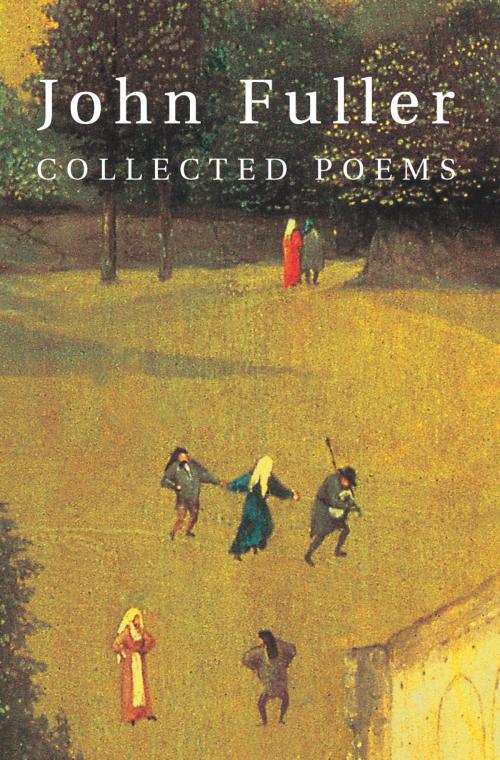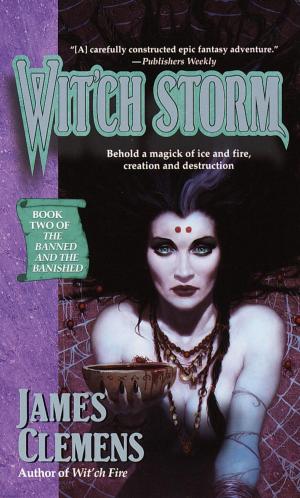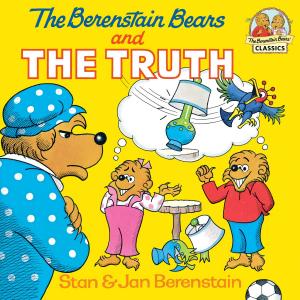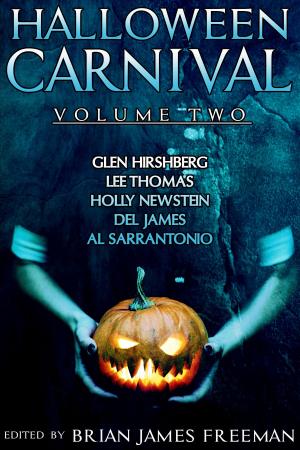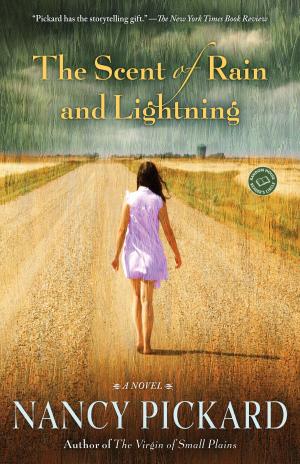| Author: | John Fuller | ISBN: | 9781407091921 |
| Publisher: | Random House | Publication: | June 30, 2010 |
| Imprint: | Vintage Digital | Language: | English |
| Author: | John Fuller |
| ISBN: | 9781407091921 |
| Publisher: | Random House |
| Publication: | June 30, 2010 |
| Imprint: | Vintage Digital |
| Language: | English |
John Fuller is one of the most accomplished, prolific and popular of contemporary poets. His Collected Poems brings together most of his poems, from his first collection, Fairground Music (1961) to Stones and Fires (winner of the 1996 Forward Poetry Prize), and enables us to appreciate the full extent of his remarkable talents. From his strikingly assured early poems - dramatic monologues and playful rewritings of myth and fairytale - to his more complex, discursive later work, Fuller displays his virtuosity with a wide variety of subjects, moods and forms.
Here are fantasies, poems about nature, riddles and nonsense poems; tender love poems and philosophical meditations; sombre, wistful sonnets and the lightest, most charming songs. But there are consistent themes: romantic love, a potent sense of the physical world, and a constant shifting between exuberant irreverence and the yearning for moral and metaphysical truths. Throughout, the poems are steeped in humour and learning, and display Fuller's easy command of the of the whole scope and richness of the English language.
John Fuller is one of the most accomplished, prolific and popular of contemporary poets. His Collected Poems brings together most of his poems, from his first collection, Fairground Music (1961) to Stones and Fires (winner of the 1996 Forward Poetry Prize), and enables us to appreciate the full extent of his remarkable talents. From his strikingly assured early poems - dramatic monologues and playful rewritings of myth and fairytale - to his more complex, discursive later work, Fuller displays his virtuosity with a wide variety of subjects, moods and forms.
Here are fantasies, poems about nature, riddles and nonsense poems; tender love poems and philosophical meditations; sombre, wistful sonnets and the lightest, most charming songs. But there are consistent themes: romantic love, a potent sense of the physical world, and a constant shifting between exuberant irreverence and the yearning for moral and metaphysical truths. Throughout, the poems are steeped in humour and learning, and display Fuller's easy command of the of the whole scope and richness of the English language.
